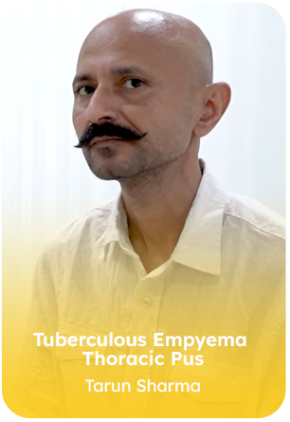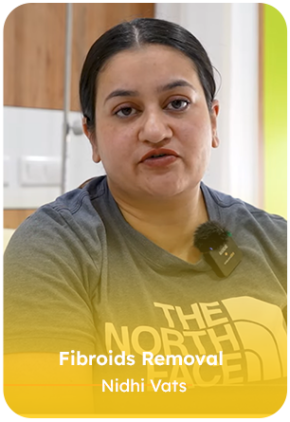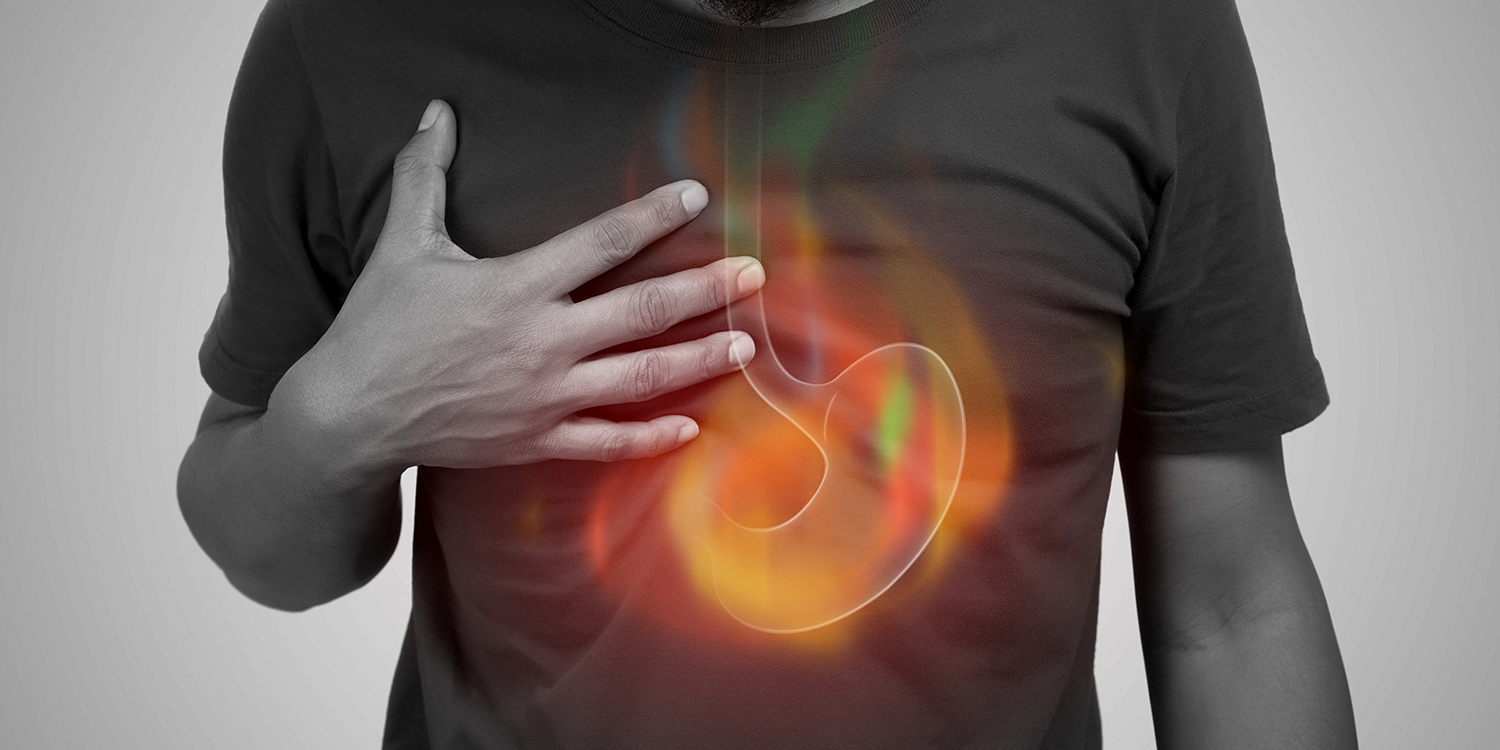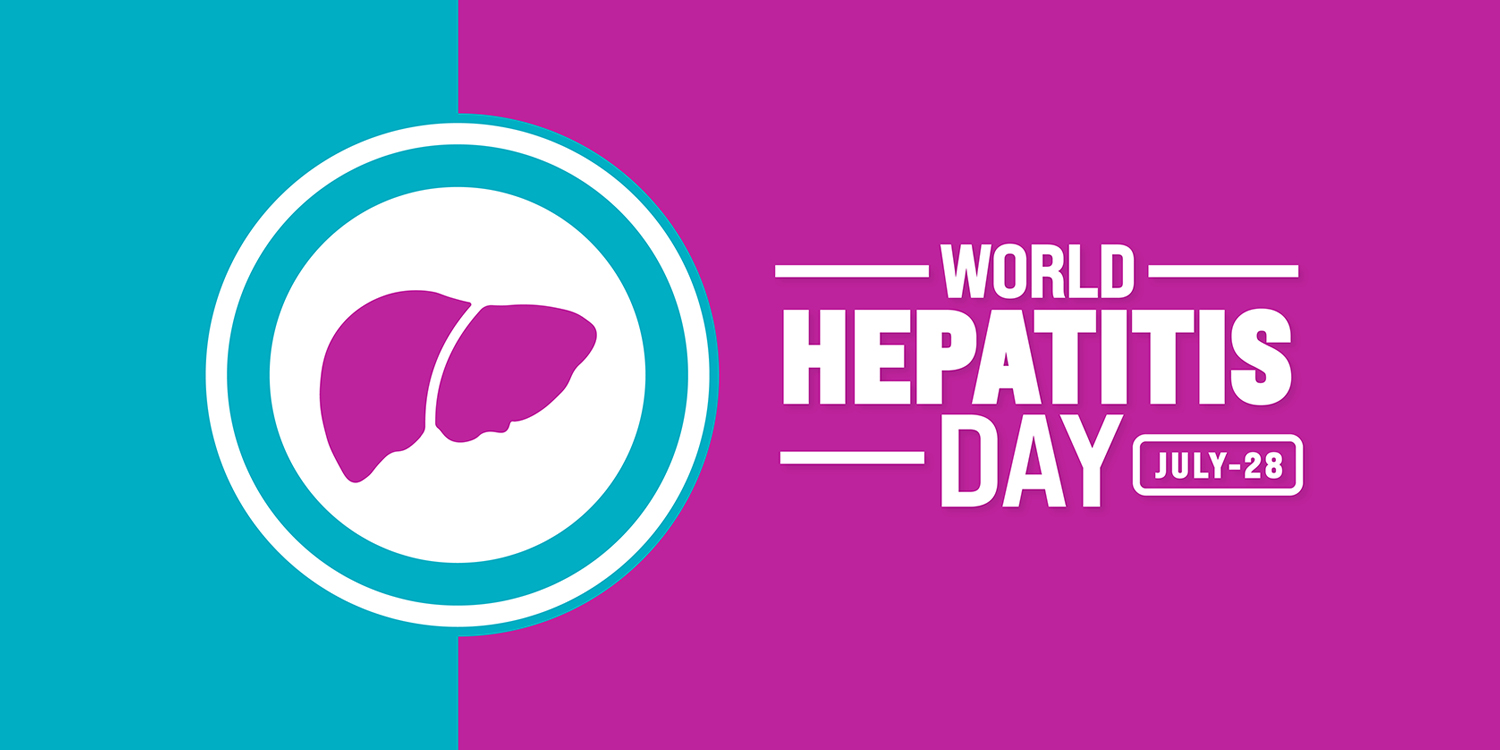Hiatal hernia surgery is a procedure to treat hiatal hernia – a condition in which a part of the stomach moves upwards into the chest through a gap in the diaphragm. At Graphic Era Hospital, Dehradun, our Department of Surgical Gastroenterology is equipped to treat hiatal hernias using both laparoscopic and other minimally invasive surgical techniques. These approaches not only reduce pain and scarring post-surgery, but also offer a shorter recovery compared to traditional open procedures. Our team of highly skilled gastrointestinal and laparoscopic surgeons, supported by state-of-the-art operating theatres and advanced technology, provides patient-focused care to ensure safe, precise, and effective surgical outcomes that restore normal digestive function and improve long-term quality of life.
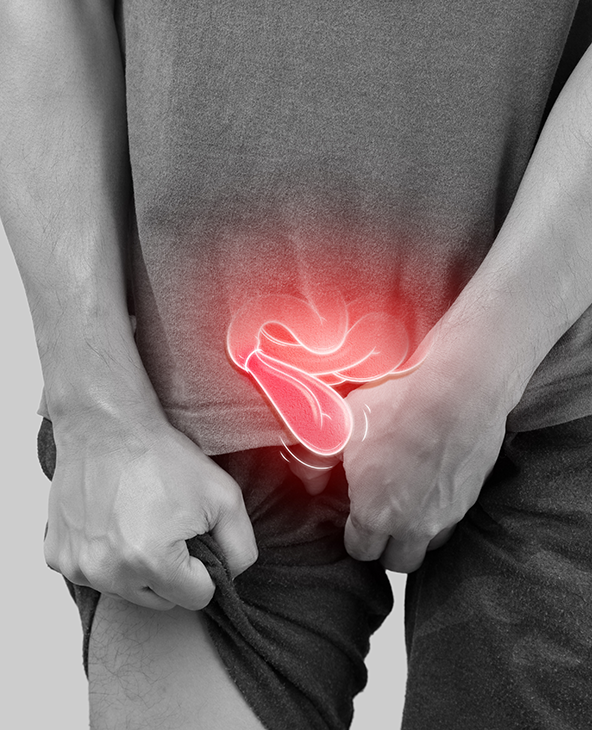
When is Hiatal Hernia Surgery Recommended and Why is it Done?
Hiatal hernia surgery is recommended when the hernia causes persistent symptoms, complications, and does not respond to lifestyle and medication management. The procedure aims to restore the stomach to its correct position and strengthen the diaphragm to prevent recurrence and relieve reflux-related discomfort.
Common reasons for recommending hiatal hernia surgery include:
- Chronic acid reflux or gastroesophageal reflux disease (GERD)
- Severe heartburn or regurgitation unrelieved by medication
- Difficulty swallowing or pain while eating
- Chest discomfort or pressure caused by the hernia
- Recurrent vomiting or nausea
- Bleeding or ulceration from hernia-related irritation
- Shortness of breath due to stomach compression on the lungs
- Large or paraesophageal hernias causing obstruction
- Risk of hernia strangulation or tissue damage
- Poor response to long-term medical or dietary treatment
Schedule Your Appointment with
Our Expert Doctors
We are dedicated to driving lasting, positive transformation in healthcare management through innovation and patient-centered solutions.
Things to Know Before Undergoing Hiatal Hernia Surgery
Before undergoing hiatal hernia surgery, it is important for patients to understand the preparation process, anaesthesia, and what to expect during recovery. At Graphic Era Hospital, we ensure every patient is fully informed and ready for a safe surgical experience. Here’s the things patients and their families should know before undergoing the surgery:
- Patients undergo a complete pre-surgical evaluation, including endoscopy, imaging tests, and blood investigations.
- The medical team reviews existing health conditions and current medications to plan the safest approach.
- Blood-thinning or other specific medicines may need to be paused or adjusted before surgery.
- Fasting is required for a few hours before the procedure to ensure safety under anaesthesia.
- General anaesthesia is administered to keep the patient comfortable and pain-free during the operation.
- The surgical team explains potential risks, such as mild pain, swelling, or temporary discomfort after surgery.
- Most patients stay in the hospital for one to two days following laparoscopic procedures.
- Pre-surgery dietary instructions are shared to prepare the digestive system for surgery.
- Patients are advised to arrange help at home for the initial recovery phase.
- Detailed post-surgery care and activity guidelines are provided before discharge for a smooth recovery.
Types of Hiatal Hernia Surgeries Available at Graphic Era Hospital
At Graphic Era Hospital, Dehradun, our gastrointestinal surgeons perform different types of hiatal hernia repair surgeries depending on the size of the hernia, the patient’s symptoms, and overall health. These include both minimally invasive and open techniques designed to provide lasting relief and improved digestive function. Common types of hiatal hernia surgeries performed at Graphic Era Hospital include:
- Laparoscopic Nissen Fundoplication: The most common minimally invasive procedure where the upper part of the stomach is wrapped around the lower oesophagus to strengthen the valve and prevent acid reflux.
- Toupet Fundoplication: A partial wrap technique used when oesophageal movement is weak, reducing the risk of swallowing difficulties post-surgery.
- Hill Repair: Focuses on reconstructing the junction between the oesophagus and stomach to restore normal anatomy and prevent reflux.
- Paraesophageal Hernia Repair: Used for large or complex hernias that push a portion of the stomach into the chest cavity, reducing the risk of strangulation.
- Open Hiatal Hernia Repair: Recommended in rare cases where laparoscopic surgery is not suitable, ensuring thorough repair through a larger incision.
- Redo or Revision Surgery: Performed when a previous hernia repair has failed or symptoms have recurred, ensuring long-term stability and comfort.
How Hiatal Hernia Surgery is Performed at Graphic Era Hospital
At Graphic Era Hospital, hiatal hernia surgery is performed using either laparoscopic (minimally invasive) or open surgical techniques, depending on the patient’s condition and the size of the hernia. The goal is to return the stomach to its normal position and strengthen the opening in the diaphragm to prevent recurrence.
Here’s how the procedure is carried out:
- The patient is given general anaesthesia to ensure complete comfort during the surgery.
- In most cases, small keyhole incisions are made in the abdomen for inserting a laparoscope - a thin tube with a camera for clear visual guidance.
- The surgeon gently moves the stomach back into its correct position below the diaphragm.
- The weakened or enlarged opening in the diaphragm (hiatus) is tightened using surgical stitches.
- If necessary, the top portion of the stomach is wrapped around the lower oesophagus, a procedure called fundoplication, to strengthen the valve and reduce acid reflux.
- The small incisions are closed with absorbable sutures.
- The entire procedure usually takes between one and two hours, and most patients can walk the same day and return home within one to two days after laparoscopic surgery.
Why Choose Graphic Era Hospital for Hiatal Hernia Surgery?
At Graphic Era Hospital, Dehradun, every hiatal hernia surgery is performed with a focus on safety, precision, and long-term relief. Our hospital combines advanced surgical technology with expert clinical care to ensure successful outcomes and faster recovery. Here’s why people choose Graphic Era Hospital for Hiatal Hernia Surgery:
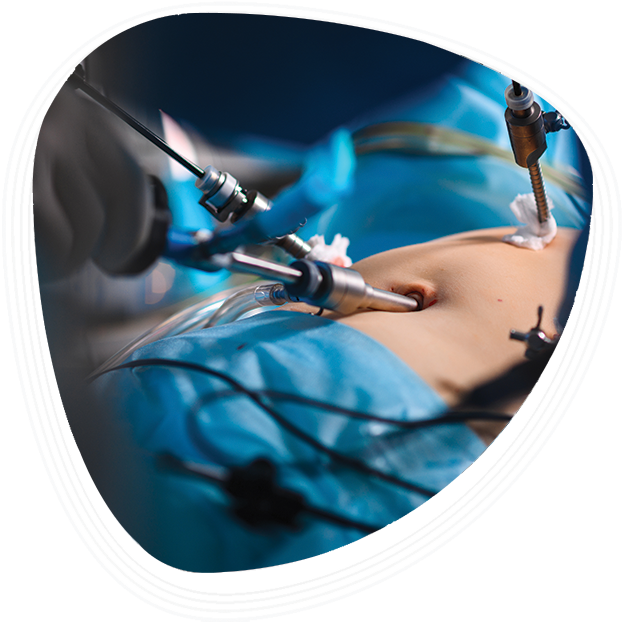
Post-Surgery Care and Recovery After Hiatal Hernia Surgery
At Graphic Era Hospital, recovery begins immediately after the surgery under the supervision of experienced medical professionals. Our postoperative care focuses on ensuring comfort, preventing complications, and supporting long-term digestive health.
Postoperative Recovery Support
- Continuous monitoring in the recovery unit for 24–48 hours after surgery
- Gradual reintroduction of liquids and soft foods as advised by the surgeon
- Pain control and breathing exercises to aid healing and prevent chest tightness
- Guidance on safe movement and posture to avoid strain on the surgical area
- Scheduled follow-up visits to assess progress and prevent recurrence
Lifestyle and Dietary Guidance
- Avoid heavy lifting, bending, or strenuous exercise for 4–6 weeks
- Eat smaller, more frequent meals to ease digestion
- Limit caffeine, spicy foods, and carbonated drinks
- Maintain a healthy weight and upright posture after meals
- Resume regular physical activity gradually under medical supervision
Risks and Possible Complications After Hiatal Hernia Surgery
While hiatal hernia surgery at Graphic Era Hospital is generally safe and has a high success rate, understanding potential risks helps patients recognise warning signs early and follow postoperative care more effectively. Possible complications may include:
- Mild pain, bruising, or swelling near incision sites
- Temporary difficulty swallowing (dysphagia) due to swelling
- Bloating or discomfort after eating (gas bloat syndrome)
- Minor bleeding or infection at the surgical site
- Rare recurrence of the hernia
- Injury to nearby organs such as the stomach or oesophagus (very uncommon)
- Changes in digestion that usually resolve over time with dietary management
Top Hiatal Hernia Surgeries at Graphic Era Hospital
- Laparoscopic Nissen Fundoplication
- Toupet Fundoplication
- Paraesophageal Hernia Repair
- Hill Repair
- Open Hiatal Hernia Repair
Patient Stories
Blog
Frequently Asked Questions (FAQs)
How common are hiatal hernias, and when do they need a surgical intervention?
Hiatal hernias are fairly common, especially among older adults. Surgery is recommended when the hernia causes severe reflux, pain, or complications such as bleeding or obstruction that cannot be managed through medication or lifestyle changes.
What is the recovery time after hiatal hernia surgery?
Most patients recover within 2 to 4 weeks after laparoscopic surgery. Full healing may take slightly longer for open repairs, depending on overall health and adherence to post-surgery instructions.
Is laparoscopic hiatal hernia surgery near me safer than open surgery?
Yes. Laparoscopic hiatal hernia surgery involves smaller incisions, less pain, reduced hospital stay, and quicker recovery compared to traditional open surgery, while maintaining excellent success rates.
What are the possible complications after hiatal hernia surgery?
Mild side effects such as temporary difficulty swallowing, bloating, or incision site pain may occur. Serious complications are rare, especially when the surgery is performed at an advanced centre like Graphic Era Hospital.
How much does hiatal hernia surgery cost near me in Uttarakhand?
The cost for hiatal hernia surgery in Dehradun varies depending on the type of procedure, hospital stay, and patient condition. Graphic Era Hospital offers transparent and affordable pricing with no hidden charges.
Which hospital offers advanced minimally invasive hiatal hernia repair surgery near me in Dehradun?
Graphic Era Hospital, Dehradun, is among the leading centres in Uttarakhand offering advanced laparoscopic and minimally invasive hiatal hernia repair surgeries, ensuring safety, precision, and faster recovery.
